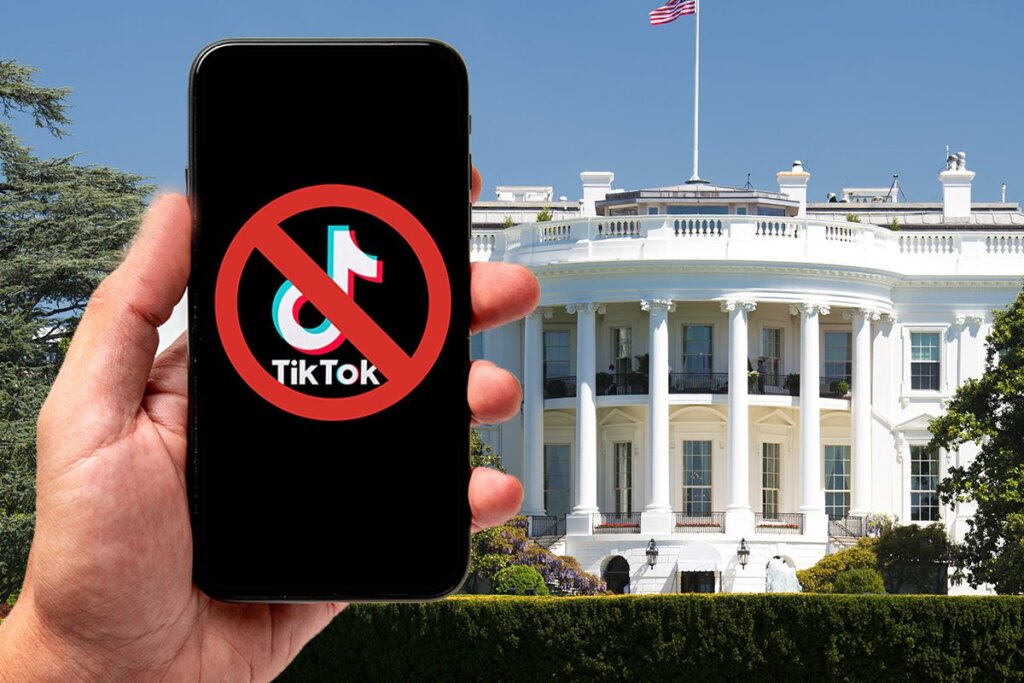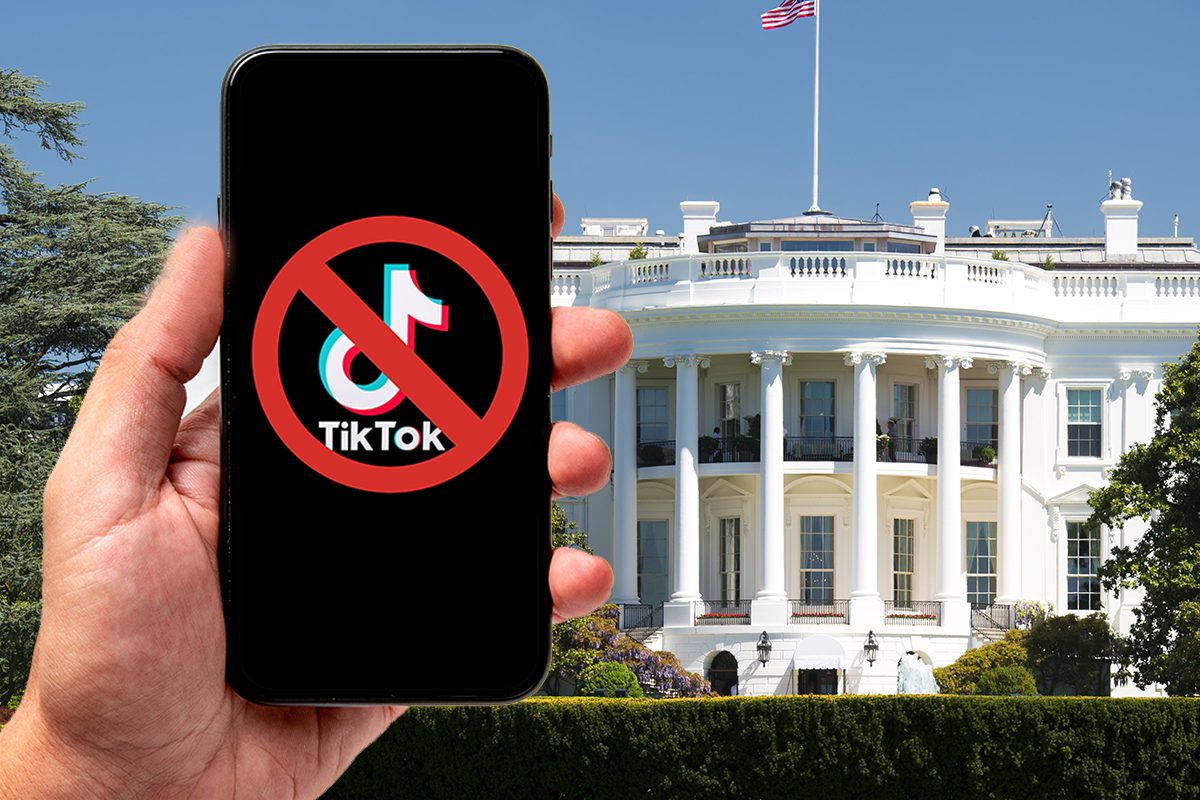
In this article, we’ll explore the latest developments surrounding the potential ban on TikTok, including concerns about the app’s security risks, pushback from TikTok representatives, and the broader implications of the RESTRICT Act.
Key Takeaways:
- The RESTRICT Act, which has received the White House’s endorsement, would give the federal government significant authority to regulate and possibly ban foreign-made technologies, including TikTok.
- The app’s security risks have raised concerns among lawmakers, with some calling it a national security threat, as it could give the Chinese Communist Party access to user information.
- While TikTok’s spokesperson disagrees with this assessment, stating that a blanket ban on the app would not be beneficial for the U.S. and would also inhibit the spread of American culture and values.
- The RESTRICT Act has broader implications beyond TikTok, allowing the government to intervene if technology produced by the six authoritarian countries named in the bill becomes popular in the U.S.
- The fate of the latest measure remains uncertain, but lawmakers and government officials are taking the security risks posed by Chinese-owned apps like TikTok seriously.
Exploring the U.S. Government’s Potential Ban on TikTok
In response to ongoing concerns about the security risks posed by Chinese-owned video app TikTok, the White House has endorsed the RESTRICT Act, a bipartisan bill that would give the federal government broad powers to regulate and even ban foreign-produced technology, including TikTok.
The suggested law aims to tackle technology-related dangers that may harm Americans’ security and well-being.
Security Risks Associated with TikTok
While the RESTRICT Act does not specifically mention TikTok by name, concerns about the app’s security risks have been repeatedly raised.
Owned by the Chinese company ByteDance, TikTok has a massive user base in the U.S. and around the world, leading some lawmakers to declare that it is a national security threat.
According to Senator John Thune, TikTok could be giving the Chinese Communist Party a steady stream of information about its users, posing a significant security risk to the U.S.
Pushback from TikTok Representatives
Despite concerns over TikTok’s security risks, the app’s spokesperson, Brooke Oberwetter, has opposed a complete ban on the app.
Oberwetter argues that TikTok is already under the jurisdiction of the Committee on Foreign Investment in the United States (CFIUS) under the Biden administration, and banning the app would not serve the interests of the United States.
Oberwetter believes that banning TikTok would mean forbidding the promotion of American culture and values to the billions of users worldwide.
Implications of the RESTRICT Act
Apart from TikTok, the RESTRICT Act aims to enable the government to take preventative measures if technology made in any of the six authoritarian countries mentioned in the bill gains popularity in the U.S.
The bill’s sponsor, Mark Warner, who chairs the Senate Intelligence Committee, has said that it gives the Secretary of Commerce various options to manage, sell, or ban technology that could threaten the United States.
The White House has also thrown its weight behind the bill, with National Security Advisor Jake Sullivan stating that it would strengthen the administration’s ability to address technology-based threats.
Potential Ban on TikTok
The RESTRICT Act has received support from the U.S. House Foreign Affairs Committee, which has also given President Biden the power to ban apps like TikTok that are considered security risks.
The bill’s sponsor, Representative Michael McCaul, has labeled TikTok as a national security threat due to its security concerns.
The bill still faces obstacles before becoming law, as it must pass the full House and the Democrat-controlled U.S. Senate before being sent to the President for approval.
Conclusion
To sum up, the potential ban on TikTok is part of a wider attempt to combat technology-based threats to Americans’ safety and security.
Although it is not certain whether the bill will pass, it is evident that officials and legislators are giving serious consideration to the security risks associated with Chinese-owned apps such as TikTok.
Whether a ban on TikTok will ultimately be implemented or not, it is clear that the debate around the app’s security risks is far from over.
 Sections of this topic
Sections of this topic
















